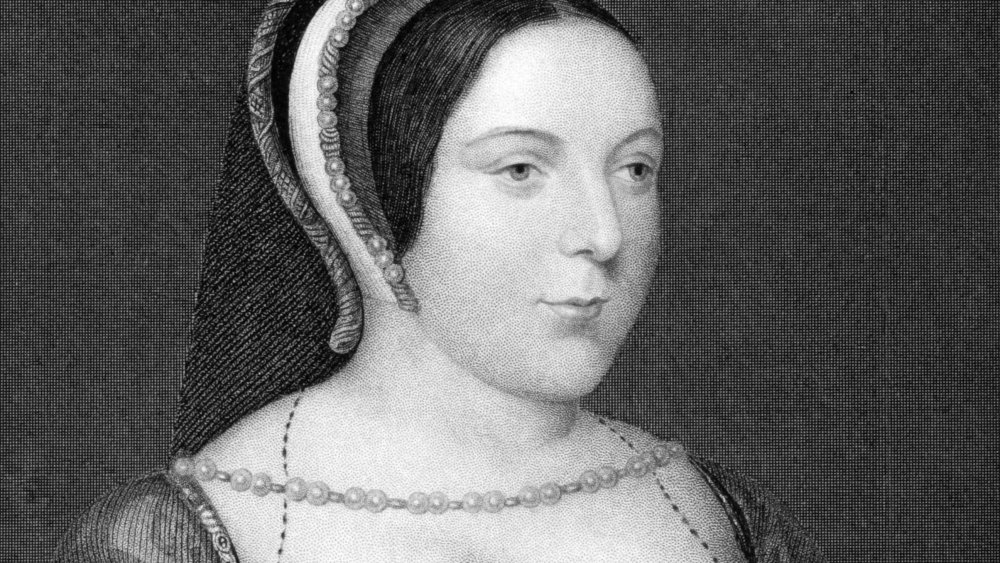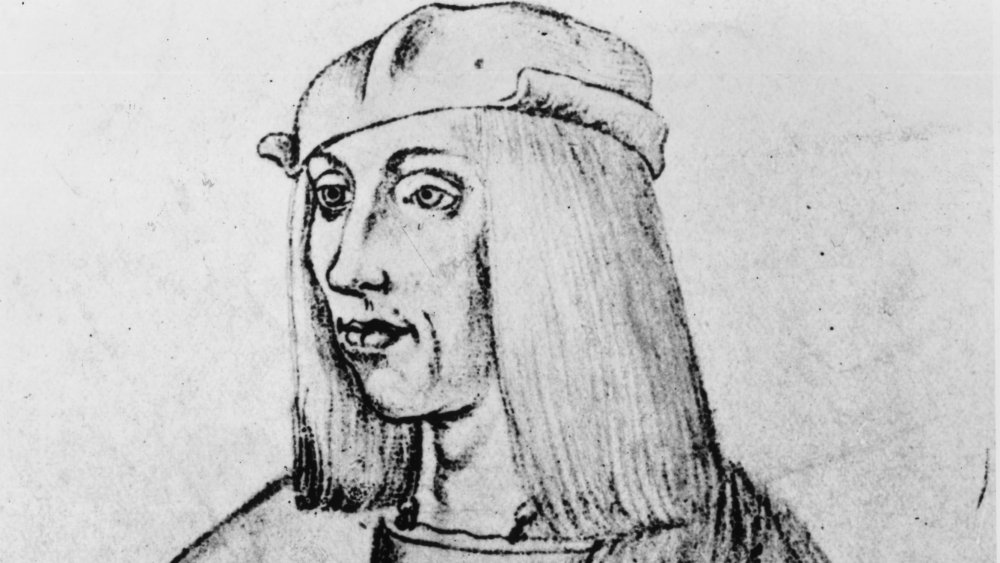The Tragic Death Of Margaret Tudor
Who among us, some idle summer afternoon, hasn't thought, "Wouldn't it be cool to be King (or Queen)?" Or just royal. Everything is handed to you, basically as an accident of birth. Elizabeth II reigns over England as of this writing, but the record shows that being female and royal wasn't always all tea and Corgis. Take, for example, Margaret Tudor, older sister of the lad who eventually would become Henry VIII of England. Royal — but not royal enough to take the throne. Marrying royal — but of Scotland, and promised in an arranged marriage at the ripe old age of 14. Her husband was twice her age, but that only put him in his 30s, so it could have been worse. Soon enough, it was. Margaret lost that husband in battle, but not just any battle: James IV of Scotland was leading forces against those of Henry VIII of England, his own brother-in-law, not to mention next-kingdom-over neighbor. This, when just the year before, the two realms had reached an agreement on what was called the of Perpetual Peace. (And you thought your family dinners were testy....)
Husband the First was only twice her age
She did have the mixed blessing of serving as regent of Scotland until her son was old enough to take the throne, though the powers that were made it clear she wasn't really welcome in that capacity. Of her six children with James, only one would survive infancy, eventually reigning as James V of Scotland. She would marry twice more — seeking a divorce from the second, much to the dismay and disapproval of eventually-married-six-times Brother Henry. (Go ahead. Yes, it's funny.) She was actually granted that divorce, married a third time, didn't like him much, either (both of those husbands cheated quite openly) and sought another divorce, but was denied. She only made it to age 51 herself, though for the times, that wasn't a bad run. How she died is difficult to tell from the historical record; the word "palsy" is used, which might indicate a stroke (likely) or perhaps cerebral palsy (not as likely), per The Anne Boleyn Files.

